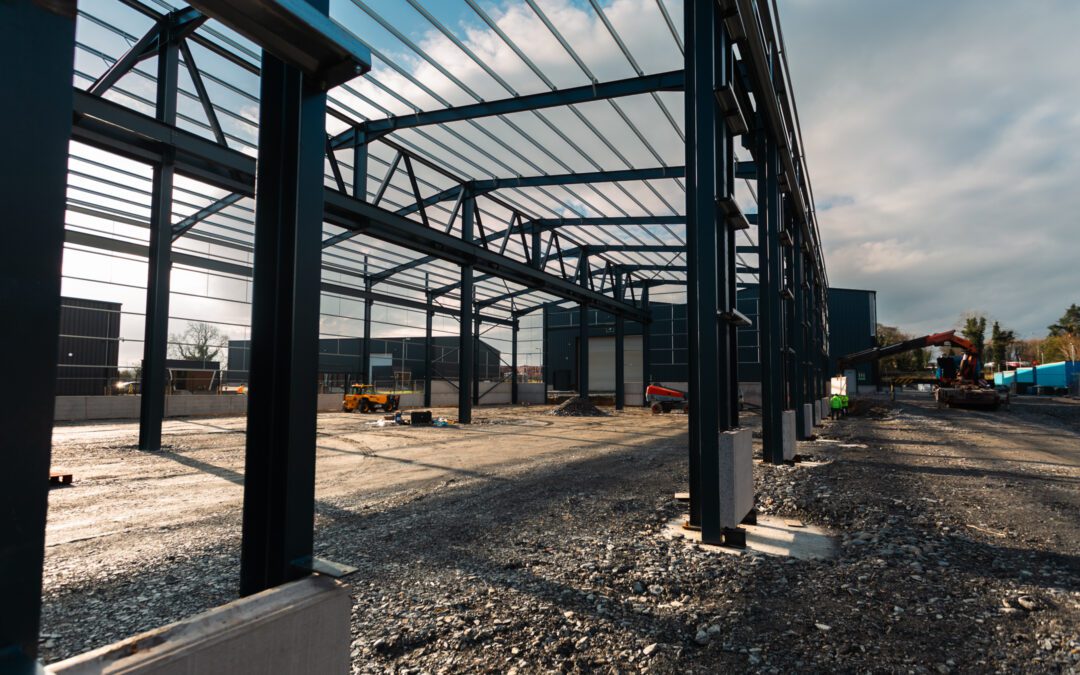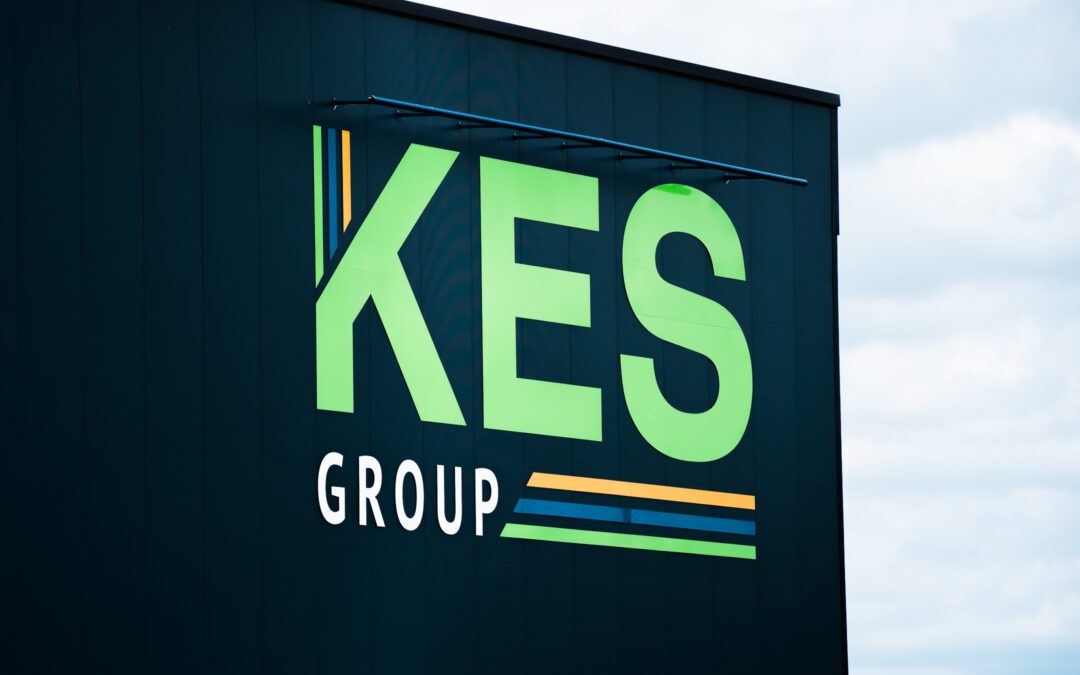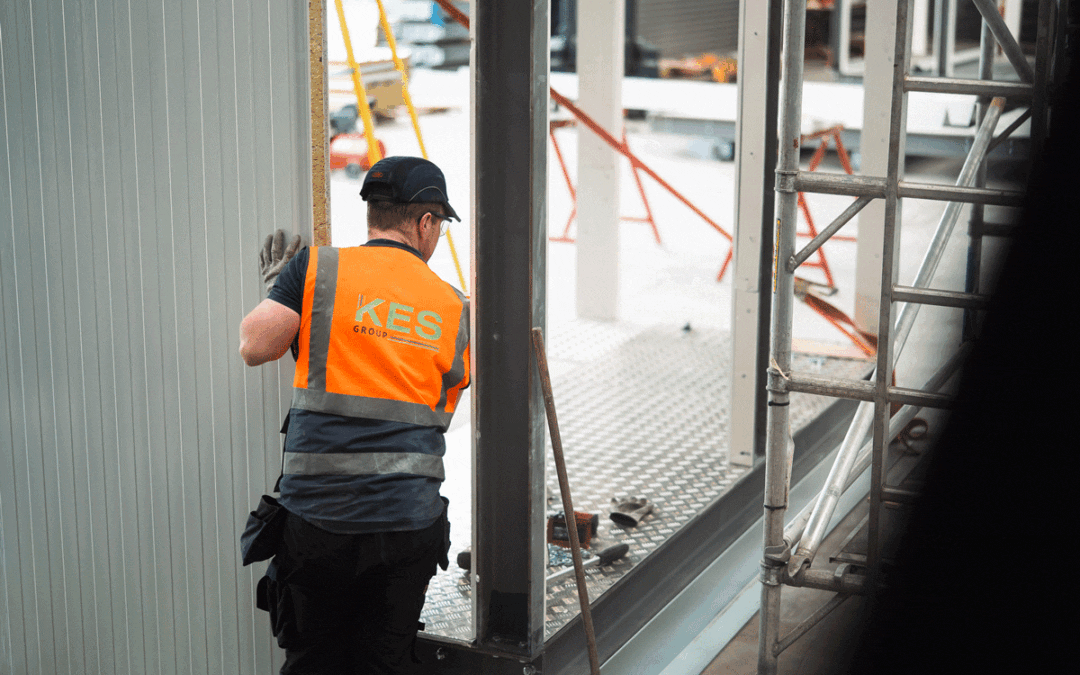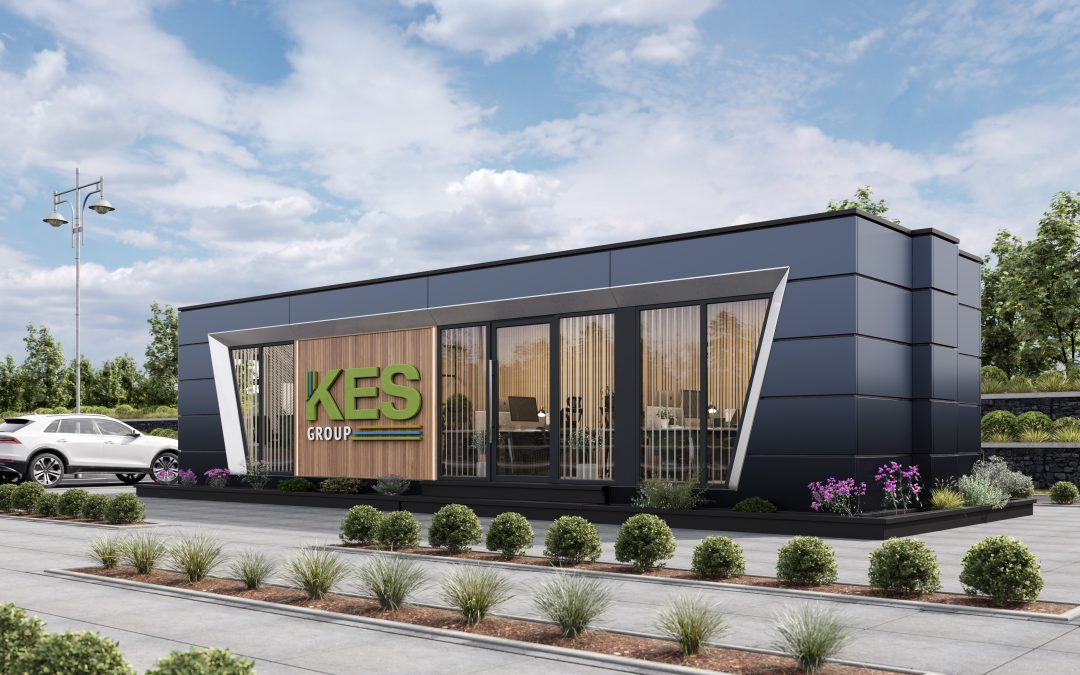Modular construction has seen a meteoric rise over the past five years, valued at USD 43.8 billion in the year 2016. Whilst energy conservation and the leverage of new technologies such as IoT and Artificial Intelligence have been cited as major factors behind its popularity, recent months have highlighted how modular construction can play a key role in our response to the Covid-19 pandemic. In a special feature by KES Group, we look at how modular buildings, including SMARTBUILDS, can bring us into a safer future.
Modular construction’s market value is predicted to catapult over the next five years, and unlike many industries, it appears that it will see a significant boost as a result of Covid-19 challenges. Research published in June by Azoth Analytics projects suggests that the industry’s growth will be driven by a number of factors. An increasing desire to optimise energy consumption and embrace automation has been emphasised as a key contributor behind this growth.
New Tech and a Growing Market
However, a number of developments over recent years are also predicted to propel the market significantly. The design and construction phase for new buildings has been transformed with technological advances, as well as in the retrofitting of existing stock. Beyond this, the adoption of eco-friendly infrastructure has encouraged the uptake of modular construction. Meanwhile, IoT technology provides real-time information and analysis of long-term trends which may be assisted by new tech – or business processes.
But how can this innovative mode of construction offer real solutions to the challenges of today – including housing shortages, energy consumption, security and infection control? Whilst there are several ways in which modular construction can provide answers, the Smart Building Market Forecast (2020-2025) provides a strong overview. It claims that today’s concerns have increased the demand for smart buildings, with these constructions allowing their users to automate the way they can be managed and controlled – including basic access and smart security systems.
However, whilst the onset of Covid-19 has prompted a fundamental rethink in how we go about our everyday lives, it has also prompted a rethink in how we approach architecture and construction. Today’s well-publicised skills shortage can be alleviated by modular construction practices, which require fewer workers in general, meaning that projects which wouldn’t otherwise satisfy safety regulations can continue with work, cutting costs in the process.
Applications in a Pandemic World
The versatility of SMARTBUILDS will allow them to have strong applications in the pandemic and immediate post-pandemic world. Notably, modular construction allows the expansion of healthcare facilities with minimum disruption, interrupting less activities during the installation process. Modules can also be moved with relative ease, which can provide exceptional value in scenarios where contamination and infection control is a priority. As hospitals and healthcare centres across the world strive to overcome coronavirus, smart buildings can be created in-factory and shipped off to wherever they are needed. All of this can be achieved in a way which is cost-effective.
Whilst the convenience and efficiency of modular construction will have strong healthcare applications during and after the coronavirus pandemic, hospitality is also set to receive a major boost from this growing industry. Social distancing regulations have shifted the consumer focus away from indoor dining for the foreseeable future, proving a rare and valuable opportunity to rethink and revitalise the food and hospitality industries. Fundamentally, modular construction will allow restaurants new levels of flexibility in terms of quickly and cheaply opening new locations. For small eateries and food businesses, modular construction provides a unique opportunity to grow their customer base and change their location based upon what their customers want.
As we approach our conclusion, it is important to look at how modular construction can not only help us in the midst of the pandemic, but how it can assist us in the challenges that we will likely face as we recover from the virus and enter a new normal – particularly the incoming housing crisis we collectively face.
So – how will modular construction play a role in tackling the post-Covid housing shortage? The answer lies in a significantly expedited construction time, creating unprecedented opportunities to construct buildings quickly and affordably. Pre-coronavirus, the UK government committed to an additional 120,000 houses each year to overcome the housing shortfall, whilst Ireland has lagged far behind its commitment to build 33,000 houses every year to cope with a growing population.
Put simply, the scale of this challenge cannot be met with traditional construction methods. For the challenges we face into the future, modular construction offers many possible answers.




